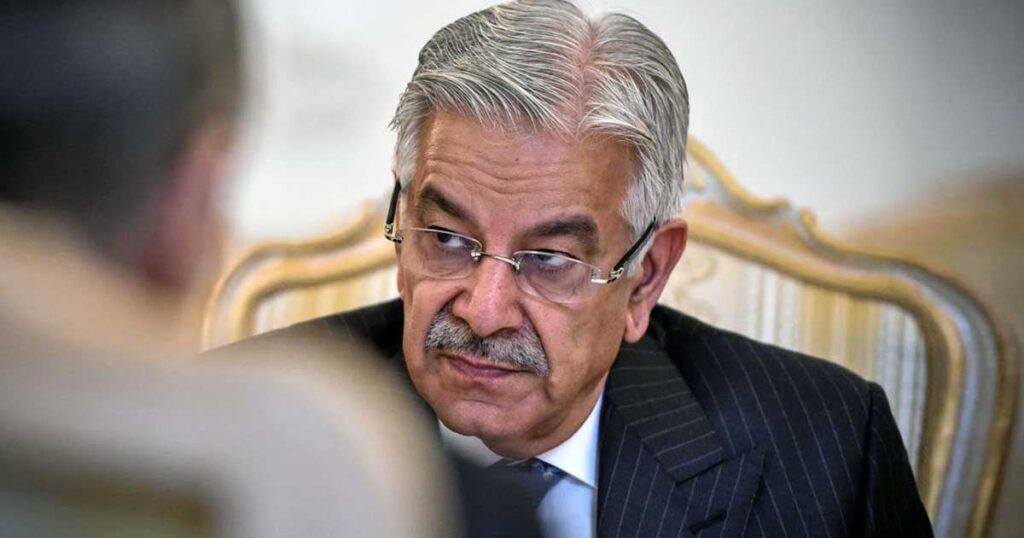Federal Minister for Defense Khawaja Asif has categorically rejected the allegations made by acting Afghan Deputy Foreign Minister Abbas Stanikzai, terming them baseless, fabricated and contrived attempts to shift blame.
The minister referred to a recent report by the UN monitoring team that identified over two dozen terrorist groups, including Tehreek-r-Taliban Pakistan (TTP), Al-Qaeda, Islamic State Khorasan Province (ISKP), East Turkestan Islamic Movement (ETIM) ), and the Islamic Movement of Uzbekistan (IMU) operating in Afghanistan.
“Afghanistan remained the focal point of ISKP recruitment and facilitation in 2024,” he said in a post on X (formerly Twitter).
Khawaja Asif urged the Afghan interim authorities to fulfill their international obligations. “The interim Afghan authorities are advised to fulfill the assurances given to the international community by dismantling terrorist infrastructure and taking visible and verifiable measures to prevent Afghan soil from being used against other countries,” he added.
The minister’s remarks come in the wake of a series of threatening statements by senior Afghan Taliban leaders. Earlier, Deputy Foreign Minister Abbas Stanikzai warned of sending fighters across the border if Pakistan did not “repent”.
Pakistan has expressed concern that Afghanistan harbors the outlawed TTP. After the recent terror attacks, Prime Minister Shehbaz Sharif claimed that any aggression from across the border would cross Pakistan’s red line.
While saying that Pakistan preferred dialogue to resolve issues, Prime Minister Shehbaz maintained that the Taliban must stop giving TTP sanctuary for meaningful progress.
The presence of militant groups in Afghanistan under Taliban rule has long been a source of tension in regional security discussions. Countries such as Russia, Iran and China, which have maintained diplomatic relations with the Taliban, have repeatedly called on the group to prevent Afghan soil from being used for cross-border attacks.
Relations between Pakistan and Afghanistan continue to deteriorate, with both nations accusing each other of harboring militants responsible for cross-border violence.



